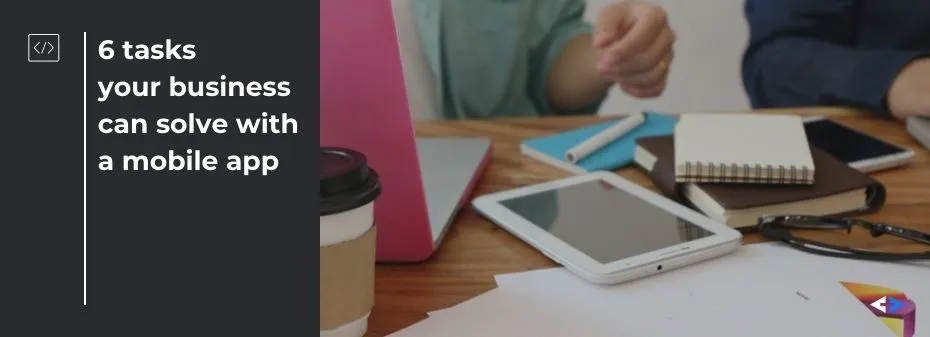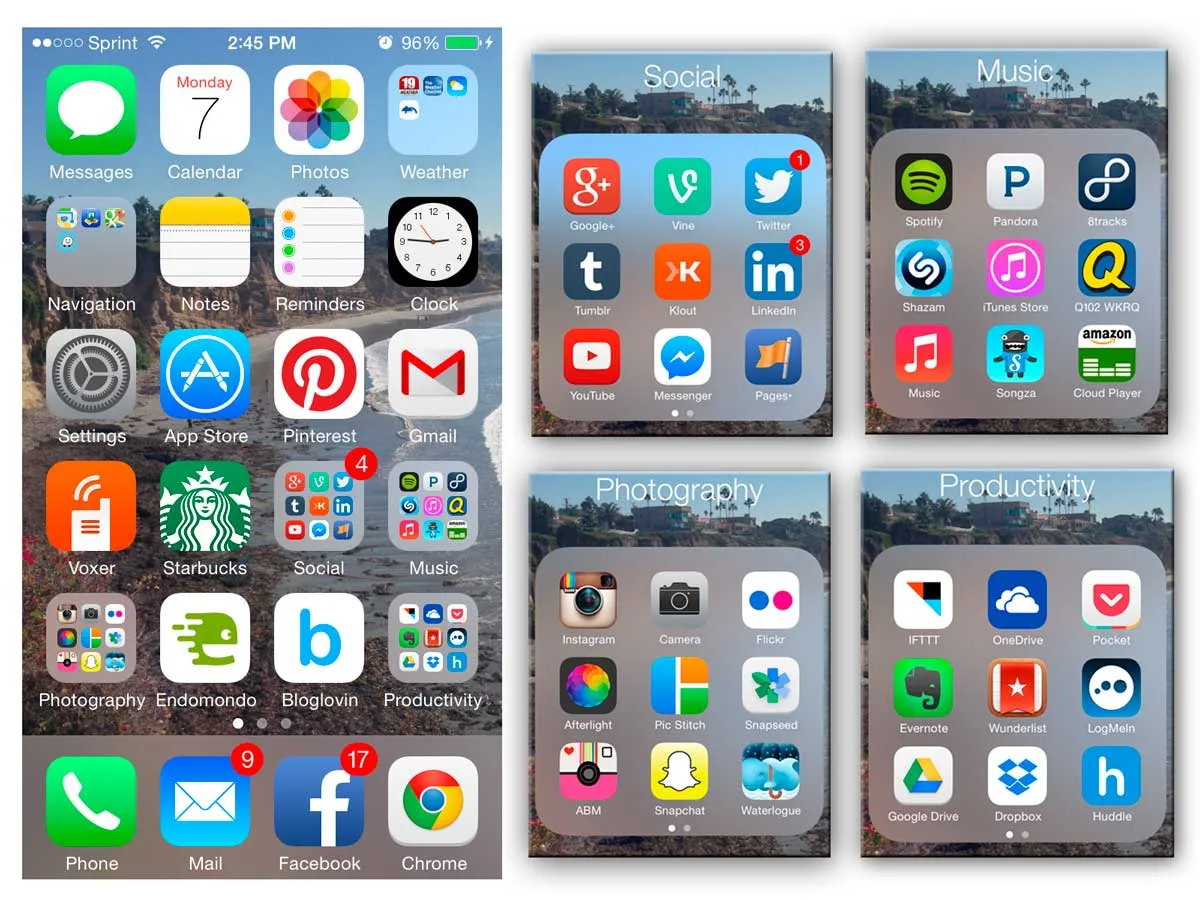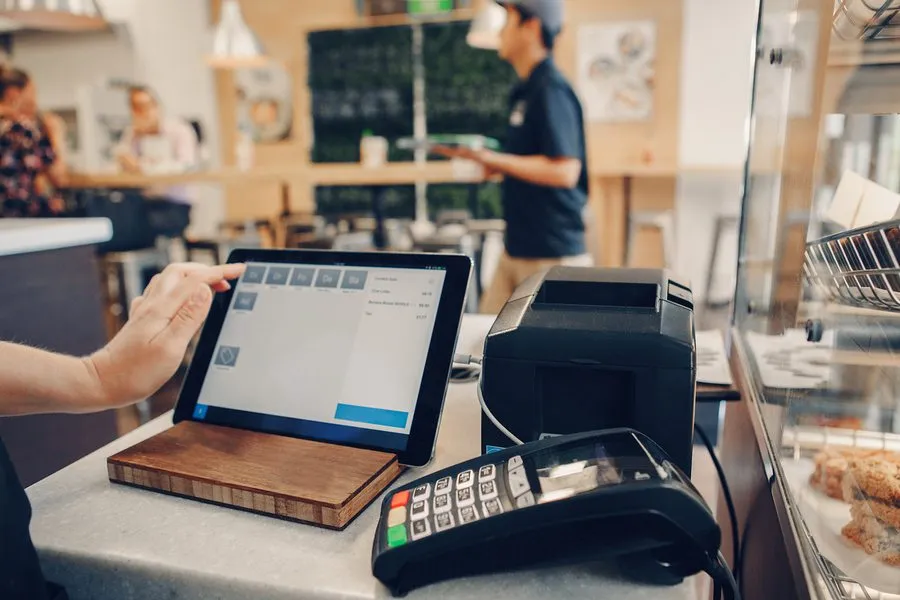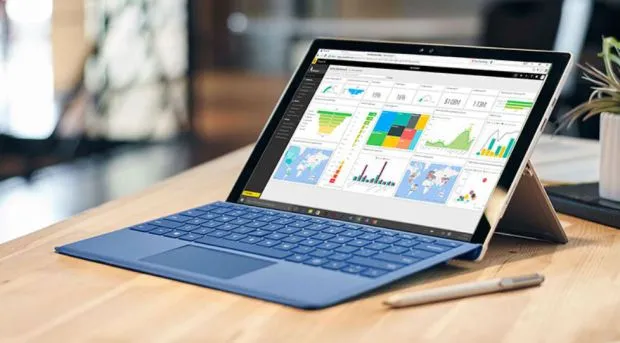
Mobile Strategy: 6 Tasks Your Business Can Solve with a Mobile App

Do you need to increase attendance of an internet-outlet, multiply an average check or implement a quality control system? All these tasks can be solved with a single bespoke mobile application for business.
Mobile applications as tools for internet marketing are gradually supplanting SMS and ringing round a client base. Apps are replacing business cards, mailing lists and web sites and perform many other functions. Let’s figure out how to properly build a mobile strategy so that your app can become an effective business tool.
Not just an Icon in the Customer's Phone

The app must have practical value for users, otherwise they will delete it immediately after installation. You need to plan carefully what kind of experience you want to offer, how you intend to interact with your users and what problems the app will solve. Only then will the icon become the main online channel for the client to communicate with your business.
6 Business Tasks you Can Solve with a Mobile App

A mobile app is a multifunctional marketing tool, which requires planning and the setting of goals. First determine why you need this tool, then you can integrate it into the workflow and plan to increase sales.
- Create a loyalty program. Bonus loyalty programs are more efficient than discount ones, and a bonus card built into an app is also more convenient for customers. Unlike a plastic one, you can’t leave this card at home by mistake and it doesn’t take up any extra space in your wallet. Simplicity of use in combination with the gamification of points accumulation will ensure a high level of customer involvement in the loyalty program and will increase the number of visits to outlets.
Read how we built an app to support the media loyalty program of a Canadian company.
- Increase the average check. Loyal customers spend more – attract them with targeted advertising messages and incentives for purchases. Mobile apps allow the client to see your brand. (Read how to create push notifications to get more users involved here). For example, Pizza Hut, Amrest and Hooters managed to increase the average check by 30% among app users.
- Improve conversion of marketing campaigns. Mobile apps allow you to send personalised offers to customers based on their personal data, purchase history and geolocation. Read more about other user engagement strategies. For example, in KFC restaurants, guests were offered a free Twister if they returned within a week. Thirty-four per cent of guests opened the message in the app and 14% came to the restaurant again within the week.
- Attract new customers. A quality mobile application with a built-in referral program motivates people to share their experiences with friends. You can introduce a system of rewards for making recommendations in order to give them additional practical value.
- Implement a reservation, pre-order or delivery system. Regardless of the type of your business, you can solve a number of logistics tasks using a mobile app – for example, lunch delivery. This strategy will reduce costs - online orders will come through your own app directly into the POS system, so you won’t require the services of third-party contractors. Read about our lunch delivery app development case.
- Make communication with the client more personal. Customers want to feel special, as they come to you several times a month. They want more encouragement, uniqueness and valuable gifts. To achieve this, you can integrate gaming elements into your mobile app – this way customers will get higher status when they spend more, allowing you to show them why interaction with your brand is beneficial. Read more tips on app gamification.
Evaluate the Results

- Track how your investment in the app pays off and what results it brings.
- Compare the revenue figures for one point of sale: before and after launching the application.
This will allow you to determine the effectiveness of marketing efforts launched through the mobile application and, if necessary, adjust them.
If you see a task in our list that is vital for your business or if you’ve faced another challenge that can be solved with the help of an app, contact Magora developer team to discuss your case.





